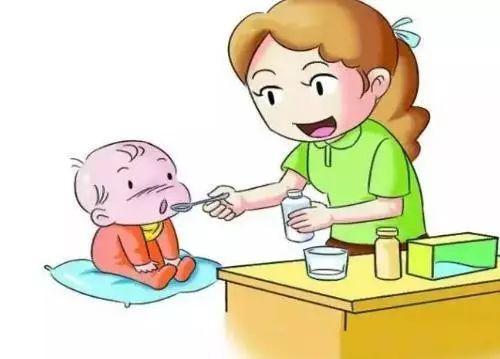For a 3-month-old infant, due to the immaturity of their immune system and their ability to adapt to the environment, they are particularly prone to catching a cold when facing sudden temperature changes. Cold symptoms often manifest as a runny nose, nasal congestion, sneezing, occasionally accompanied by fever and cough. Most infant colds are caused by viruses, with about 80%-90% of cases attributed to over 200 different viruses, while the remaining 10%-20% are caused by bacteria. At this age, experiencing 5-6 colds a year is not uncommon, with symptoms including nasal congestion, cough, sore throat, fatigue, loss of appetite, and fever.
When infants have a cold, they may experience a period of discomfort lasting from a week to ten days, where coughing may be the last symptom to disappear, with a duration that can last for several weeks. Infants who come into frequent contact with older children may have frequent colds in their first year, even staying in a runny nose state throughout the entire winter. Any signs of a cold in infants under 3 months should prompt immediate medical attention; for older infants, if a cold persists for over 5 days, a high fever of 39°C or above, ear pain, difficulty breathing, persistent cough, or yellow, thick nasal discharge are observed, seeking medical care promptly is necessary.
In terms of treatment, doctors may recommend examinations to determine the cause of the cold. If it is a viral cold, there are currently no specific medications, and the key lies in attentive care to relieve symptoms, usually resolving on its own after a week to ten days. If the cold is caused by bacteria, antibiotics should be used as prescribed and adhere strictly to the dosage. Incorrectly increasing the dosage may have adverse effects. When infants have a fever, follow the doctor’s advice on using fever-reducing medication; medication is not necessary if the body temperature is below 38.5°C. Do not give cold medicine to infants under 1 year of age without consultation, as the harm may outweigh the benefits.
When nasal congestion affects feeding, consult a doctor to use saline nasal drops; administer 15 minutes before feeding and then clean the nasal cavity. Without a doctor’s approval, do not use other nasal decongestants. In daily care, adjust the infant’s clothing according to weather changes, wipe off sweat, avoid cold wind outdoors, encourage the infant to drink more water, and enhance the body’s resistance.


